Tunisia
Hundreds of protesters in four separate towns hit the streets to request employment just days after a jobless man committed suicide in Kasserine.
The jobless man, Ridha Yahyaoui, killed himself after local authorities refused to accept his request for a post in the public sector.
Kasserine is among Tunisia’s most impoverished areas, with its highest regional unemployment at about 30 percent.
Security forces have been chasing the protesters and firing teargas on some who are threatening to commit suicide.
Despite a curfew by the interior minister, clashes continued into the night and spread to the cities of Tahla, Fernana, and Meknasi.
According to experts a deal between the main UGTT union and largest industry association struck to increase wages for about 1.5 million private-sector employees could avert strikes and protests. The Union had threatened a general strike if Tunisia’s Chamber of Commerce and Industry refused to raise wages.
Unemployment in Tunisia rose to 15.5 percent last year as against 12 percent in 2010. University graduates without jobs make up one third of those unemployed.
Inadequate jobs have been caused by weak economic growth and a decline in investments in the public and private sectors.
In 2011, “the Arab Spring” was sparked when a struggling young market vendor committed suicide, unleashing a tide of anger among the young and unemployed. The incident eventually forced longtime autocrat leader Zine El-Abidine Ben Ali to step down and flee the country.



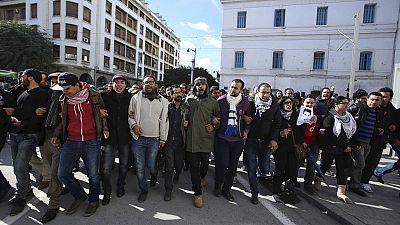


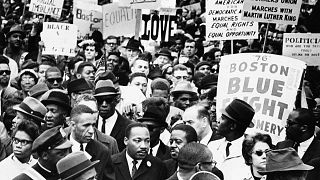
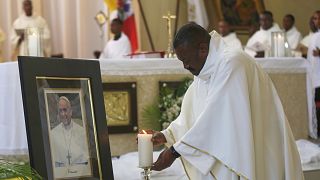
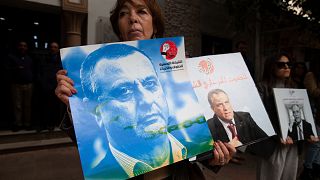

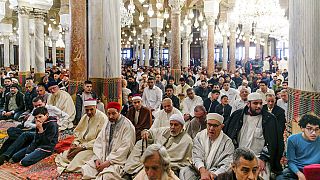

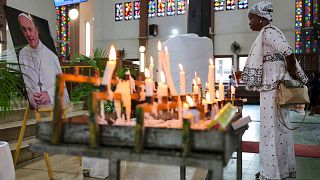
Go to video
The EU moves to fast-track asylum claims by migrants from 7 countries to speed deportation
01:15
Tunisian President Saied dismisses prime minister amid political tensions
04:46
Young Senegalese women market agribusiness on YouTube
04:13
The fight for justice: Amnesty International on Senegal's protest crisis
Go to video
A Tunisian extremist is on trial accused of killing 3 people in a French church
02:18
Tunisia: Harissa festival attracts tourists around the world